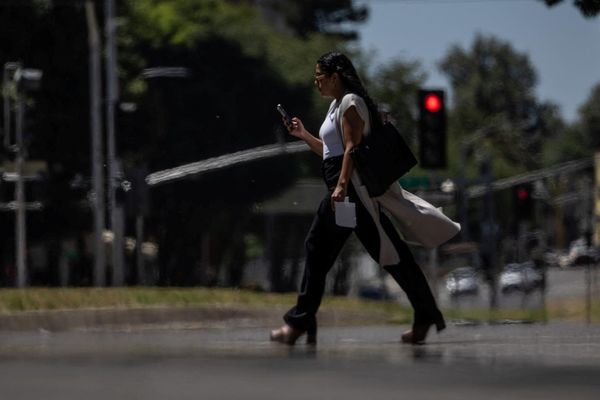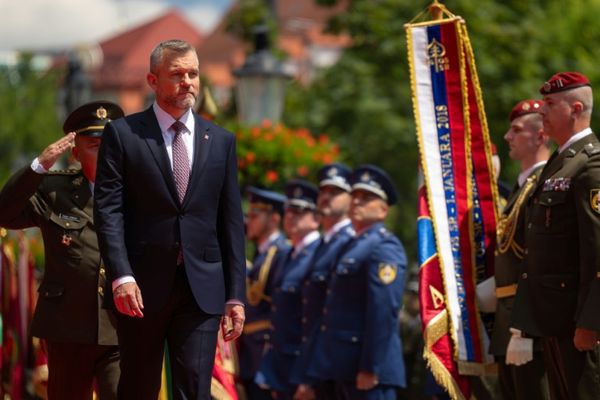
Western powers are weighing the risk of a potential defeat if they table a resolution at the UN Human Rights Council calling for an independent commission to investigate alleged human rights abuses by China in Xinjiang.
The issue is a litmus case for Chinese influence at the UN, as well as the willingness of the UN to endorse a worldview that protects individual rights from authoritarian states.
The outgoing UN human rights commissioner, Michelle Bachelet, issued a report on her last day in office – 31 August – claiming there was clear evidence of crimes against humanity committed by China during its suppression of Uyghur Muslims in Xinjiang province. It was the first time the UN made such a serious allegation against China.
The report found evidence of systemic discrimination, mass arbitrary detention, torture, and sexual and gender-based violence.
Western leaders, in uncharted waters, are hesitating whether to table a resolution setting up an investigatory mechanism into China at the Human Rights Council (HRC), which started meeting in Geneva last week and runs to 7 October.
Olaf Wientzek, from the Konrad Adenauer Foundation thinktank, said: “If such a resolution were passed it would be a watershed moment for the HRC and increase its credibility. Taking on China would be a first.”
However, China’s diplomats have already been mobilising, and on Tuesday the Chinese ambassador in Geneva issued a statement, backed by 30 countries, accusing the UN rights office of acting without a mandate and warning of the exaggeration of “an existing trend to western polarisation and politicisation of human rights”.
The number of signatories represents the hardcore that regularly supports China and was below the 40 that signed a statement in June urging Bachelet not to publish her report, but Wientzek said: “This may reflect the fact that the latest Chinese statement directly criticised the UN human rights office, and was not the usual discourse directed against a group of mainly western countries.”
The HRC has 47 member states, and only eight of the 30 signatories to the Chinese statement are current voting members, but observers estimate a vote to set up a well-resourced independent mechanism would be very close, with roughly 14 backing the mechanism and between 15 and 18 supporting China’s stance.
The Chinese ambassador to Geneva, Chen Xu, has said any resolution is condemned to defeat.
Sarah M Brooks, a programme director for the Geneva-based International Service for Human Rights warned: “A failure by the UN even to try to do something on this issue would be far worse than trying and failing. It would be letting down the Uyghur families, and it would be a signal that China is not accountable, and enjoys impunity at the UN, so setting a precedent.
“This is both a test case and a rare opportunity. At issue is the credibility of the UN as an institution committed to human rights.”
A range of options is being considered, including tabling a draft resolution to set up an independent inquiry, or instead calling for a special session of the HRC dedicated to the Chinese issue.
The eight signatories to the statement that sit on the HRC apart from China are Bolivia, Cameroon, Eritrea, Cuba, Venezuela, Nepal, United Arab Emirates and Russia. But there are at least seven African states, as well as Pakistan, that have previously backed China on human rights norms at the UN, that sit on the HRC, and may back China again. As many as 17 countries may abstain including India, Indonesia, Mexico and Malaysia.
China for its part has been taking African diplomats to the province, and writing scathing critiques of western human rights “hypocrisy” in influential newspapers in key Muslim countries such as Indonesia.
Privately some diplomats fear the west simultaneously taking on Russia over the invasion of Ukraine, and China over human rights could backfire. Others argue it is better to wait until Bachelet’s successor, an Austrian and veteran UN official Volker Türk is installed in mid-October so he can start his period in the office without a row with China.
Wientzek said: “The Bachelet report certainly more than justifies some form of monitoring mechanism or even demands it. But this is all new ground. Given the sizable number of opposed countries, there is a lot of hesitation whether it should be done and when.”







